|
Because I'm still chipping away at my own ensemble novel, I've been reading a lot of examples of multi-perspective books across genres. Here's what I finished in January.
Despite how clunky the twenty-six year old film Go Fish is, I found myself watching the entire thing again yesterday. Why? In part because of the scene about 42 minutes into the film where the writer character, Max, considers how her life would be if she wound up marrying some nice man and raising kids in the burbs. The character concludes the scene saying, "I'm not waiting for a man. But I get this eerie feeling that a man's waiting for me."
I suspect it's no surprise that I've always been a bit of a bookworm. So, why did I find myself feeling guilty about reading a book in the middle of the day, far from my computer and other devices?As is usual, I'm not making resolutions, but looking at the year past and considering how I did on my plans I had then, as well as considering what to do this year.
I love the writer storyline on Fresh off the Boat, and I think we can all relate to Jessica's freak out and desire to leave projects unfinished. The start of something new and shiny is so fun! But, why not set yourself up for success in 2020? Check out these resources! While all of them are great for solo activities, they can also be used in writing groups to help guide workshops.
It's that time of year again--time to consider what I've gotten done in 2019 and to plan on what's next.
One of my goals in 2020 is to venture out of the house more, especially when it comes to attending events like the 3rd South Arkansas Literary Festival. That got me to thinking--what other events are there for writers and readers in Arkansas in 2020?
I am sure I probably missed some, but here's my list so far:
Note that in addition to the above listed festivals that The Writer's Colony at Dairy Hollow in Eureka Springs not only offers fellowships and residencies, but they also host regular Poetluck and other events. Also, the Hemingway-Pfeiffer Museum and Educational Center in Piggott also hosts various retreats and educational opportunities. Let me know if I missed a festival or important event you know about! In honor of my upcoming 50th, I have put all of my novels (in eBook form) on sale for 50% off. This deal will last through 11/14 and beyond, so if you are in the market for a vampire-voodoo binge read or want to snag Elegant Freefall or Homecoming at 1/2 price, get to buying!
In addition, all of my back catalog has been updated in formatting and EVERYTHING will be in Kindle Unlimited for the rest of the year. I also recently did an author profile interview over at Authorvoices.com. You can check that out here.
Around September, I tend to start thinking about doing yoga. It's like some magic switch I think will make my getting another year older in November less painful, somehow. Of course, a few years ago, I was doing yoga most days and went to that writing retreat where I slept on a fold out bed after riding a Greyhound bus (and before riding it again) and sat on the floor a good bit, as there weren't seats for everyone, and I was one of the younger participants. After a couple of days of that, I then slept in the old bed in my old room. I got back to Kansas City and put my back out putting my pants on a few days later.
Yoga didn't save me. Just goes to show you can't control everything.
I've been busy, but I also had some things I was finished with that I couldn't actually talk about. Read further for a June/July roundup.
From the bus stop at the end of each school day, my older sister, Renee, would run down our gravel driveway yelling “keep up!” over her shoulder as she sped away from me. Inevitably, I would fall down, my metal Raggedy Ann lunchbox skittering across the gravel, my knees red and raw. In my mind, she was running away from me, but in hers, she was blazing the trail ahead of me.
As someone who works at home and lives in a small town, I often seek out situations online where I can be part of a community of like-minded folk who are also involved in the business of writing and reading. What I find, though, is that often these interactions create more anxiety and distraction than if I just hide in my bubble.
This is the state I've been in for a while now. I'm literally 1/2 way through two completely unrelated novel manuscripts, I still find myself looking at job ads that come across my virtual desk and think "I could probably get that job," and I keep thinking that I should start working in earnest on the non-fiction project(s) I've been putting off. Time to set up some concrete goals and get back to work.
I've vacillated in the past: Stay in Kindle Unlimited? Or go wide (meaning my books are available in eBook formats and from retailers other than Amazon). A year ago, I made the decision that I would be exclusive with Amazon and KU. I pulled my books in the Olivia Chronicles out from every other seller, and I planned to publish Elegant Freefall exclusively with Amazon.
Starting March 16, you will find Elegant Freefall at all major retailers of eBooks, as well as being available for libraries to loan through OverDrive when they purchase a library copy. The Olivia Chronicles books will be available April 20. So, why am I going wide again? Lots of reasons. And none of them really have anything to do with money.
Lately, it seems every week brings a new story--or two--about plagiarists, literary frauds, or just simple pretenders. And, while I look forward to watching Can You Ever Forgive Me? this weekend (yay, RedBox), I am incredibly conflicted about the whole thing, especially now that such scams are probably easier than ever to perpetrate.
Essays
Reviews
Physician Family Blog Posts
Podcast Childless by Choice on Married to Doctors Podcast. (May 2018) I'm not even certain when I started the kitchen sampler in the photo above, but I'm guessing no later than 1993 or so. Now some 25+ years later, I finished it, framed it, and sent it to its new home. I am glad to see it go to someone who wants it and who knows the person I've become since then.
I do love Tig Notaro. And I love Cameron Esposito. The two of them together are almost too much for me. If you don't have the time to listen to the whole episode, be sure to listen starting around 45 minutes in. Tig, like me, is "inching up on 50" and shares that she knows what she ""put in to get" what she has, even though it didn't happen the way she thought it would.
I don't really do resolutions. I do make plans, though, and I do a lot of reflection on the previous year. That's what I've spent the first few days of 2019 doing.
I am sure I've complained in the past about access. Recently, I was flattered to receive a message requesting a copy of an essay I had in The Yeats Eliot Review back in 1999. The article wasn't available digitally to the grad student who was lucky enough to be at my alma mater and working with Dr. Jonathan Barron. He suggested to her that she contact me and see if I could help her. Fortunately, I answered the FB message and had a copy of the essay and a scanner. In return for my essay, she sent me a copy of her work, and for a brief moment, I felt connected to my field again.
I certainly don't feel that connection right now as I start making plans for research in 2019.
This week, Cindy Hyde Smith was elected to office in Mississippi, even though she made statements about attending public hangings and voter suppression. In response, I'm seeing a lot of folks on the internet call for a Mississippi boycott. Here are my thoughts on that issue. Let's take a pause and consider what that would really mean and what we can see from the election results. For instance, what if the rest of the world decided to boycott the United States after the last presidential election? Would that be fair to those of us who voted differently?
I do it every year, NanoWriMo, and have since 2012, and every year I wind up with a good start on something. Right now, I'm at that point where I have about 20-25K words and I realize I probably am not getting to 50K in the next nine days. And that's OK.
Before our New Orleans trip last weekend, I was way ahead. Like finish by next week ahead. Now, I'm sitting here thinking I hate the whole thing--the names, the scenes I have outlined, the scenes I wrote already, the premise. But I know that's just part of the muddy middle.
This Writer's Relief infographic is great! I'm gearing up like never before for NanoWriMo this year. And, a lot of things have changed about my whole process, including the types of things I'm consuming when I'm not writing or planning a WIP.
|
Archives
January 2024
Categories
All
|
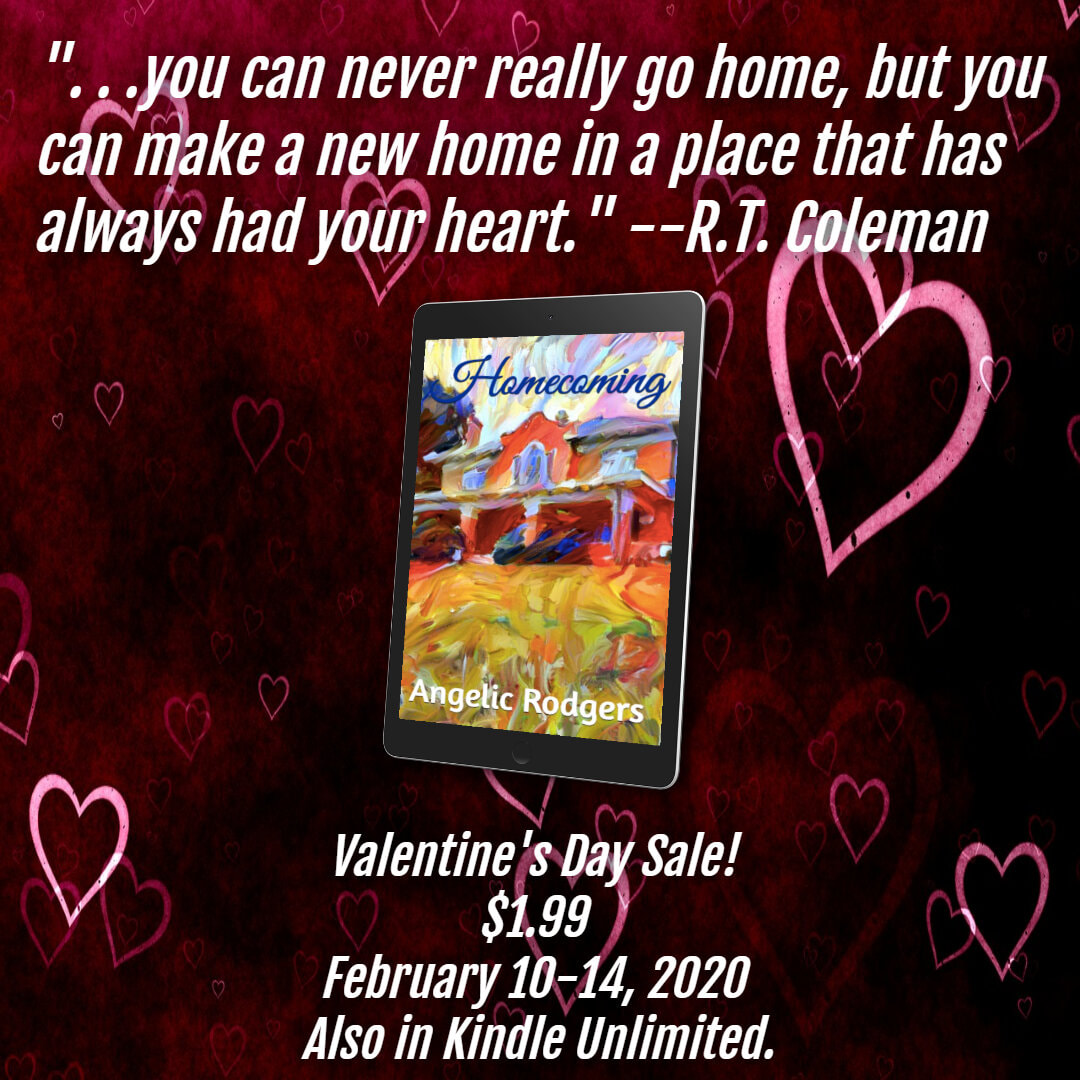


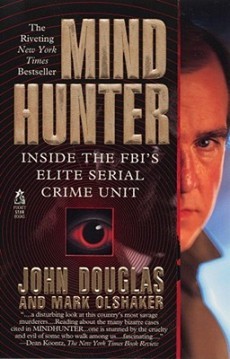



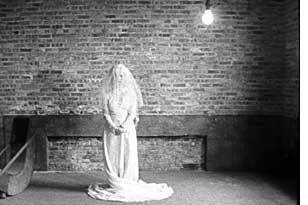
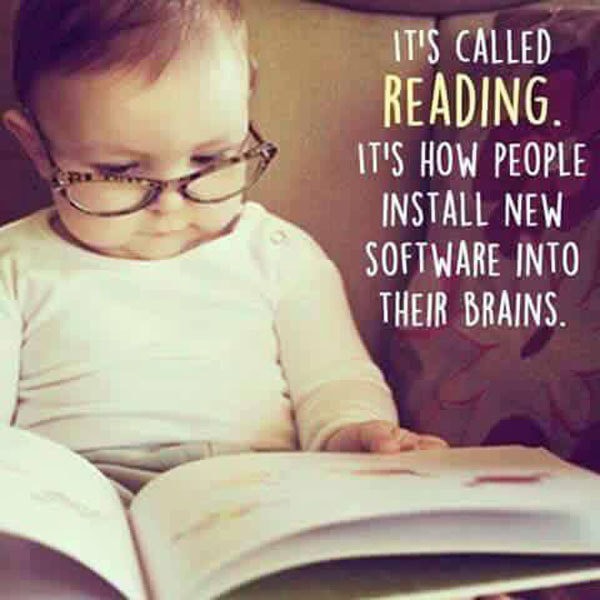
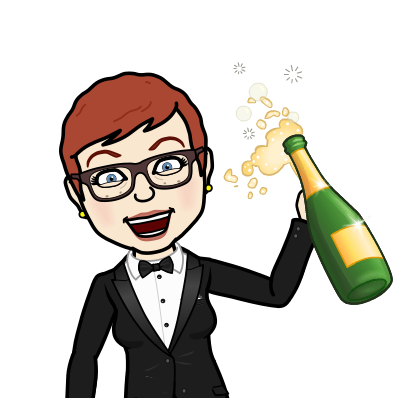
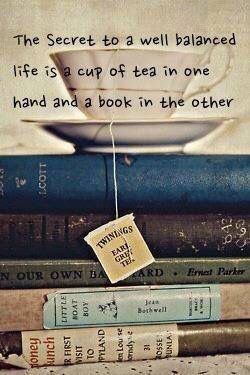
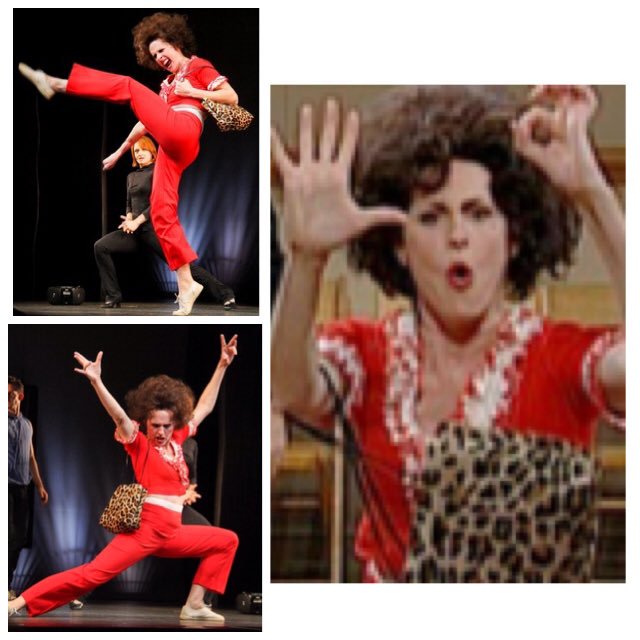
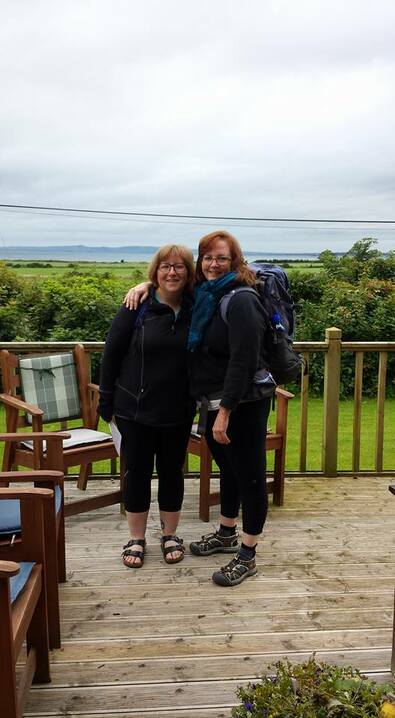
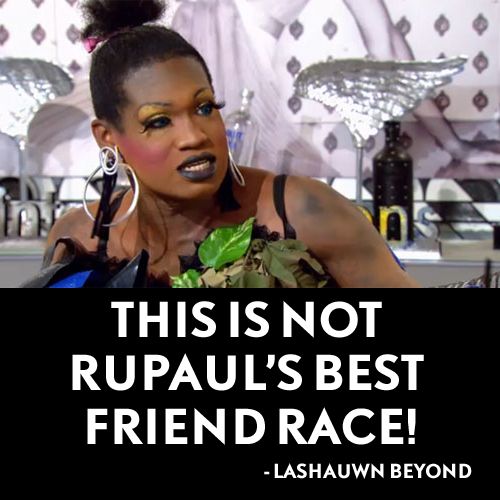
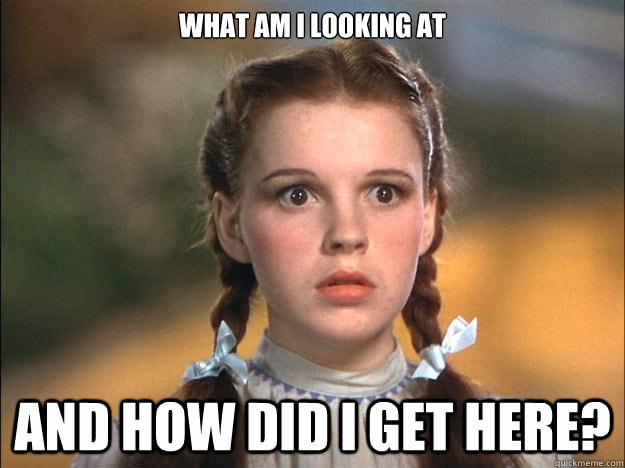
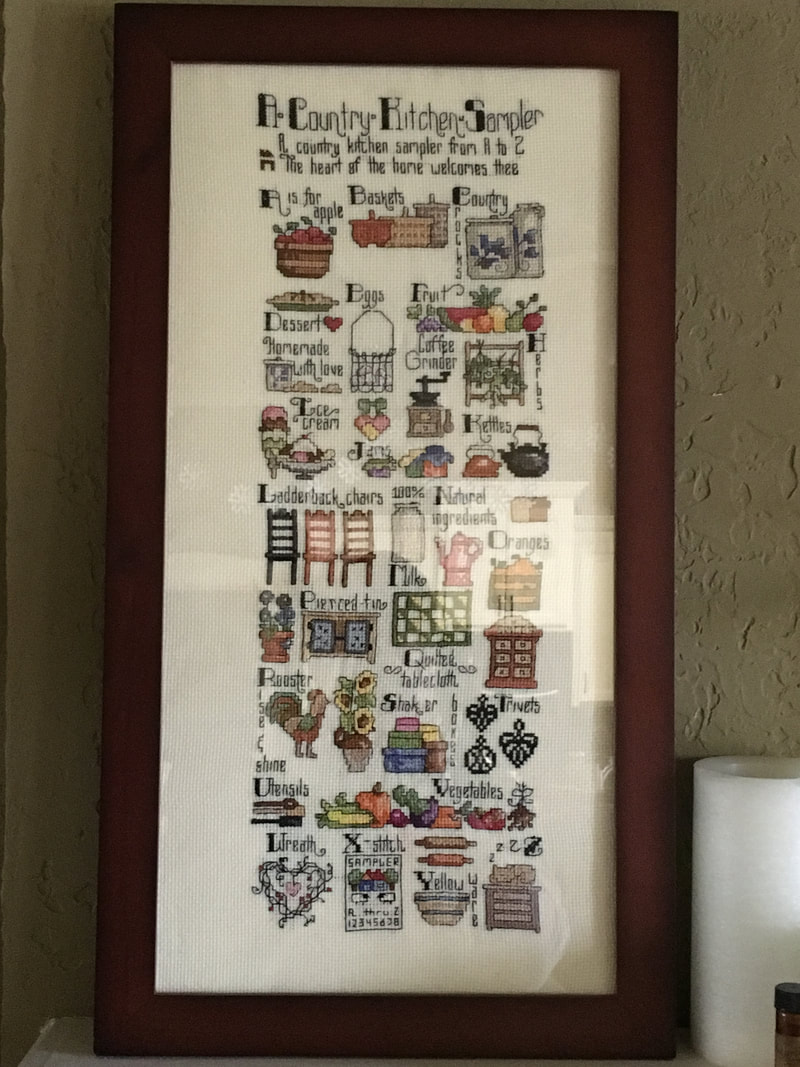
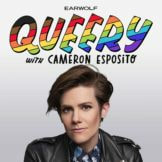
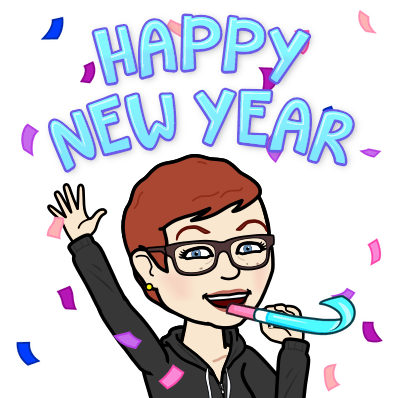

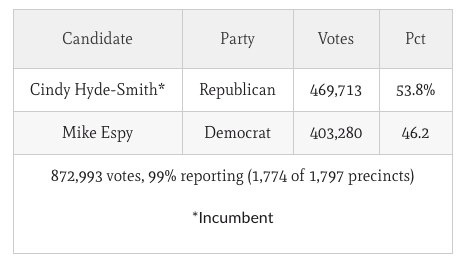
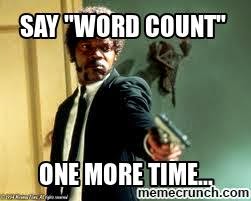
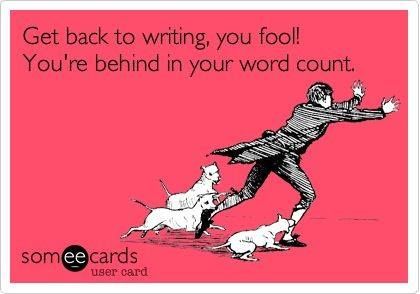
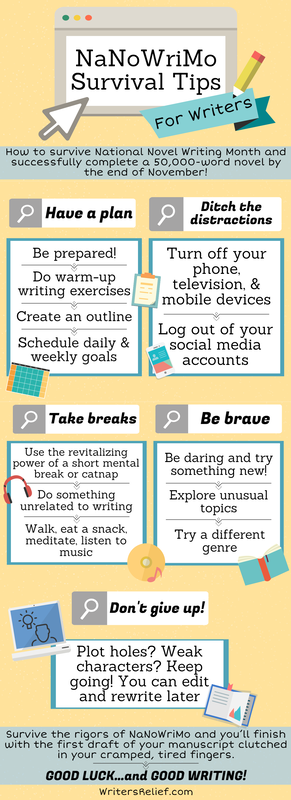
 RSS Feed
RSS Feed